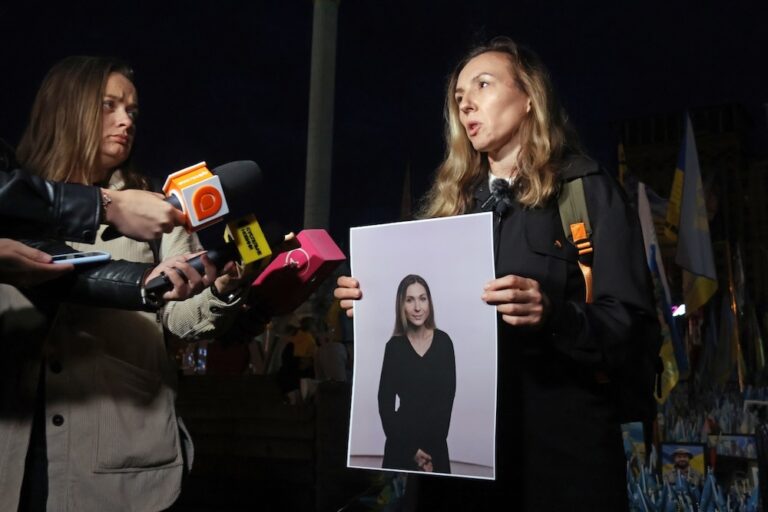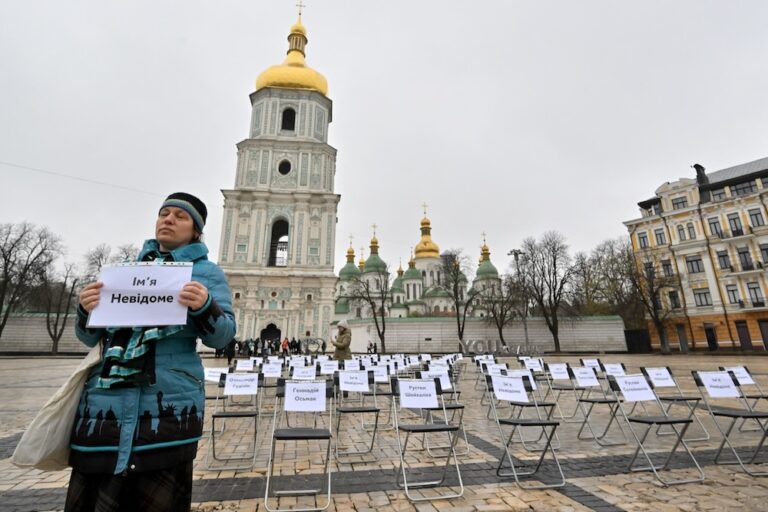(RSF/IFEX) – RSF has condemned the Russian authorities’ refusal to provide Vibeke Sperling, of the Danish daily “Politiken”, with a work visa and accreditation so she can work as her newspaper’s correspondent in Moscow. RSF called on Foreign Minister Igor Ivanov and Information Minister Mikhail Lesin to reconsider the refusal, since the authorities have not […]
(RSF/IFEX) – RSF has condemned the Russian authorities’ refusal to provide Vibeke Sperling, of the Danish daily “Politiken”, with a work visa and accreditation so she can work as her newspaper’s correspondent in Moscow.
RSF called on Foreign Minister Igor Ivanov and Information Minister Mikhail Lesin to reconsider the refusal, since the authorities have not provided a convincing reason for the decision. Barring a foreign journalist from working as a correspondent is tantamount to censorship, RSF said. The organisation suspects that Sperling is being “punished” for her articles on the war in Chechnya and human rights violations in Russia in general.
RSF suspects that Sperling may also be a victim of the diplomatic tension between Denmark and Russia in 2002 over the presence in Copenhagen of Ahmed Zakaiev, Chechen President Aslan Maskhadov’s representative, who is wanted by the Russian authorities.
After previously working for many years as a correspondent for the Danish press in Moscow, Sperling was planning to return to the Russian capital as “Politiken”‘s correspondent. This is the first time she has ever been denied a work visa and permanent accreditation.
Sperling said she was threatened with expulsion once or twice during the Soviet era, but was ultimately never forced to leave. “Even though I sometimes had to wait for a long time, I always got a visa when I applied,” she said. This time, however, the press attaché at the Russian consulate in Copenhagen commented that some of her articles on Chechnya were “wrong,” she said.
The Russian foreign minister undertook to reconsider the decision, but on 8 January 2004, Denmark’s ambassador to Moscow, Lars Vissing, received a written reply reiterating the refusal to give Sperling accreditation and a visa, again without explanation.


